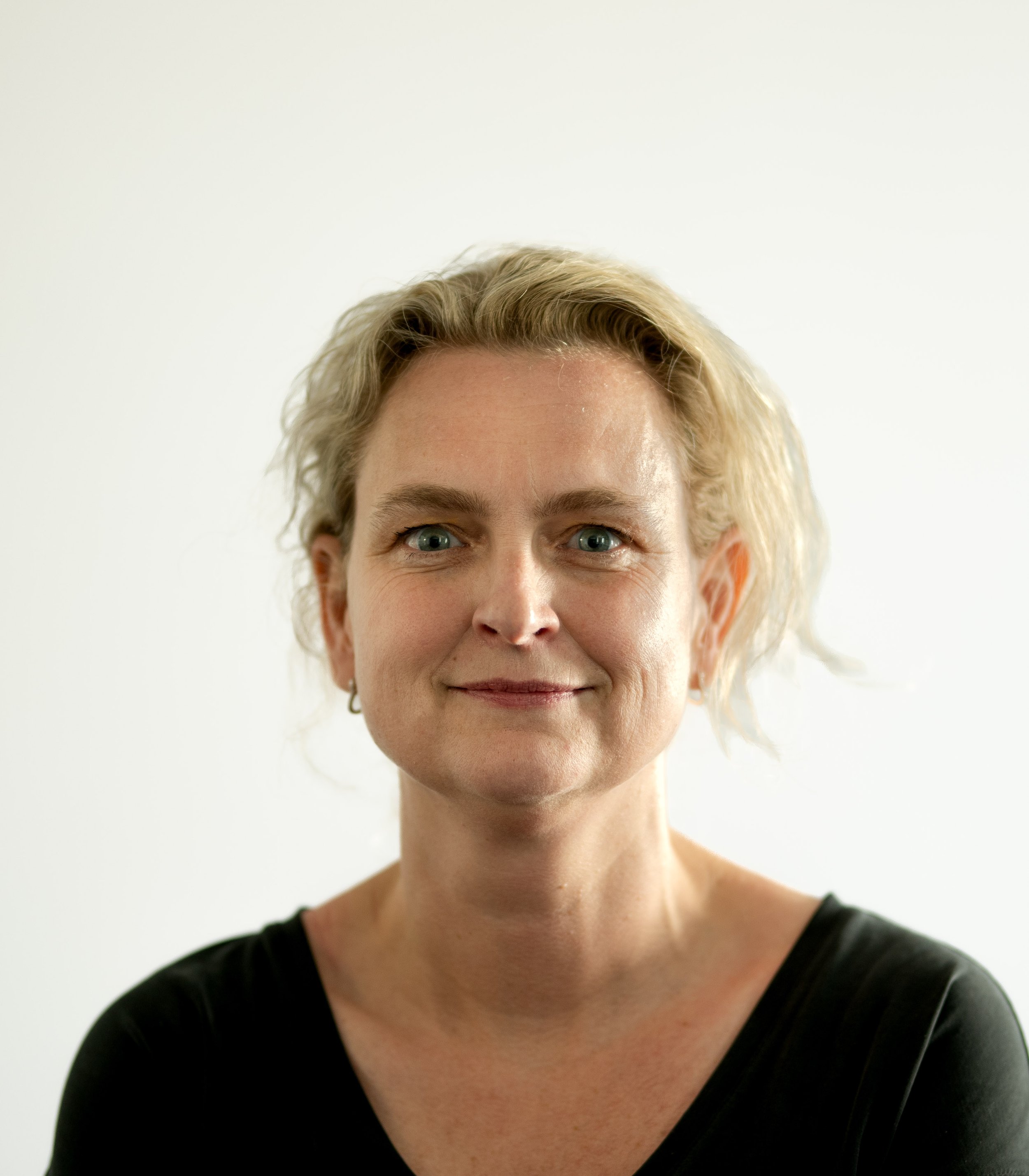Sarcoma Working Group
Background
The Sarcoma Working Group is a formal working group within the Swiss Society of Pediatric Hematology and Oncology (SSPHO).
Soft tissue (STS) and bone sarcomas form a rare and heterogeneous group of tumors with currently over 100 histological subtypes identified. The incidence of certain subtypes in children, adolescents and young adults (AYA) is remarkably different compared to sarcoma subtypes seen in adults. Rhabdomyosarcomas (RMS), synovial sarcomas, and malignant peripheral nerve sheath tumors (MPNST) are among the most commonly seen STS in children whereas these rarely occur in adults. Bone sarcomas are slightly more common than STS, and here the most common subtypes in children are Ewing sarcomas and osteosarcomas.
In children, standard treatment mostly consists of a multimodal treatment with up-front chemotherapy, radiotherapy, and surgery. Despite improvements in these multimodal treatment regimens, the prognosis for metastasized and relapsed patients remains poor (<30% overall survival). Because of the young age in combination with the localization of the tumor, different decisions must be made at different time points, in an interdisciplinary manner in order to achieve optimal survival without compromising quality of life. Thanks to close collaboration between oncologists, surgeons, and radiotherapists, in many cases, chemotherapy followed by a more conservative operation in combination with radiation therapy allows the preservation of function of the involved organs like the bladder or limbs.
Aims
We aim to improve sarcoma care of Swiss childhood and adolescent cancer patients diagnosed with soft tissue or bone sarcomas by:
Establishing a national advisory and discussion forum to discuss difficult cases (not another tumor board)
Evaluating an establishment on participation/opening of new international study protocols and active involvement into the respective societies like EpSSG, CWS, COSS, Foster and EEC.
Supporting national and international research concepts focused on sarcomas by: e.g., supporting and coordinating sample collection and storage of tumors and liquid biopsies (biobanking), participation in biological studies, supporting of grant writing and finding of funding opportunities to facilitate research opportunities.
Feedback of national and international meetings (e.g., SIOP, CWS, EpSSG, EEC, CTOS, ESMO, etc) by means of short presentations. Including feedback from the national study PI on protocol TMGs, amendments and updates.
Harmonizing workflow of STS and bone sarcoma diagnostics as well as collection and storage of biological samples for research purposes (see also aim 3).
Supporting follow-up care with special expertise through interdisciplinary efforts (e.g., joint clinics with surgeons, orthopedic surgeons and physiotherapists) and collaborate closely with the Survivorship and Long-Term Follow-up Care Working Group.
Motivating and including younger colleagues for participation in the working group.


